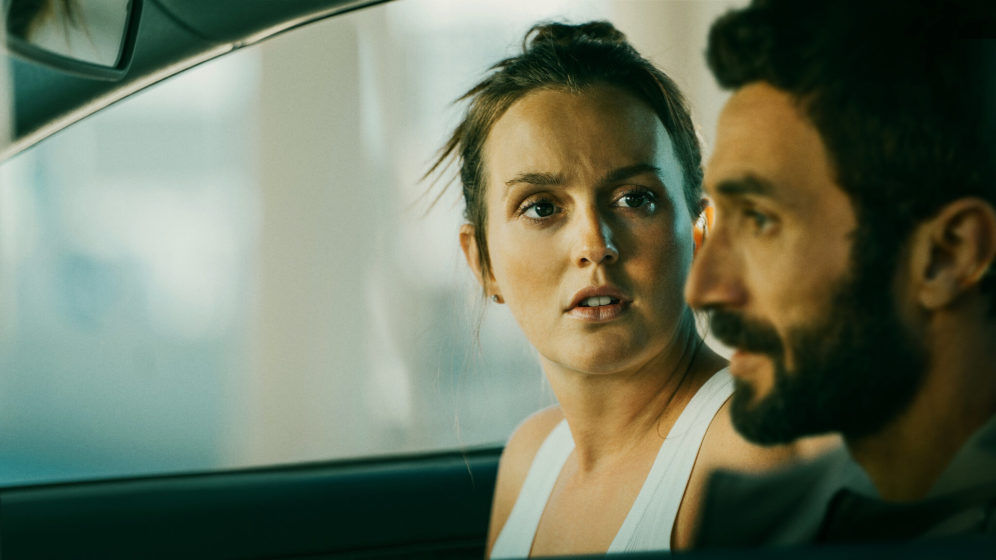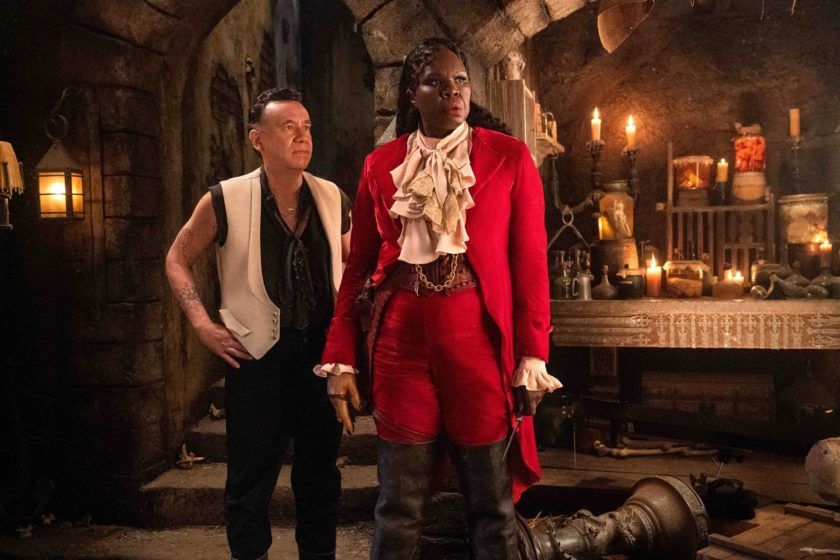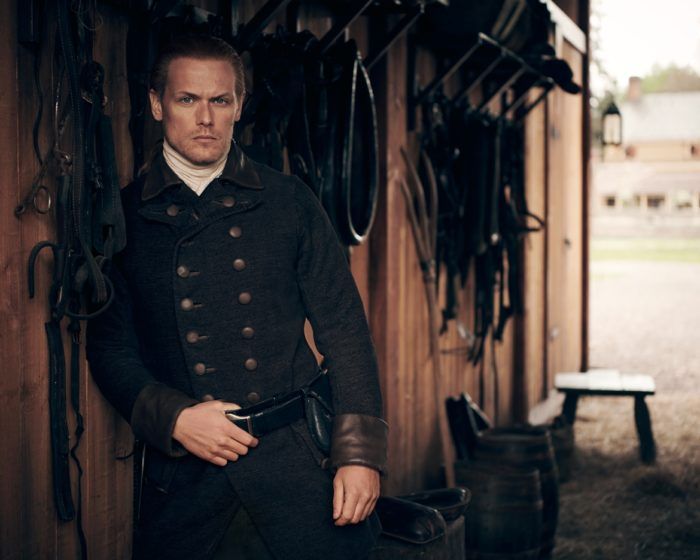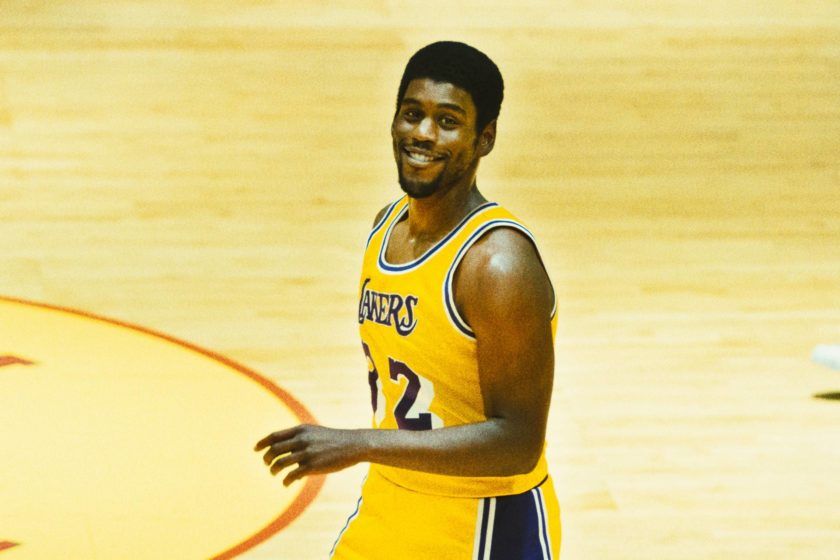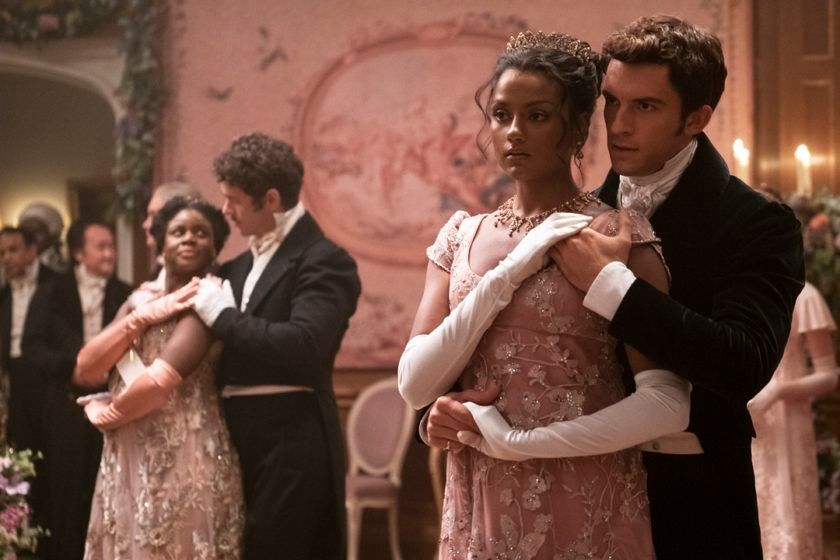Bridgerton, The Andy Warhol Diaries, and more – here is what’s new on Netflix and HBO Go for March 2022.
Welcome to our monthly column of the latest releases on our favourite streaming services: Netflix and HBO Go. Keeping track of all the latest releases across several platforms can be quite a challenge. Hence, this directory. Here, we compile a list of ten television shows, movies, and documentaries releasing in the respective month. For this one, it’s March 2022. If you’re constantly on the lookout for what’s new to watch, this one is for you. Get your popcorn ready, and happy Watching.
[Hero and featured image credit: Netflix]
10 new shows and movies on Netflix and HBO Go This March 2022
Jump To / Table of Contents
- 1 The Weekend Away (Netflix)
- 2 Our Flag Means Death (HBO Go)
- 3 Kamikaze (HBO Go)
- 4 Outlander, Season 6 (Netflix)
- 5 Winning Time: The Rise of The Lakers Dynasty (HBO Go)
- 6 The Andy Warhol Diaries (Netflix)
- 7 The Adam Project (Netflix)
- 8 Rescued by Ruby (Netflix)
- 9 Windfall (Netflix)
- 10 Bridgerton, Season 2 (Netflix)
First on the list, we’ve got a novel-based thriller starring Leighton Meester, Christina Wolfe, and Ziad Bakri. The best friend goes missing during a girls’ trip in Croatia. Things go horribly, horribly wrong as the characters attempt to figure out what happened.
Additional Information
If comedy is your go-to genre, brace yourself for this soon-to-release period comedy television series. Loosely based on the adventures of Stede Bonnet, Our Flag Means Death follows the life of a pampered aristocrat who leaves his family and riches for a life out on the high seas. He has no idea how to be a pirate captain and has to face Blackbeard.
Additional Information
Kamikaze (HBO Go)
Max Original Series Kamikaze finally makes its way to our streaming platforms this March 2022. A young woman’s life is turned upside down as her family dies in a plane crash, leaving her all alone in a mansion with affluent possessions. The 18-year-old embarks on a wild and turbulent adventure, reevaluating what she considers important in life.
Additional Information
This popular historical drama television series is back with a sixth season. Season six of Outlander, a romantic odyssey, sees a continuation of Claire and Jaime’s fight to protect their loved ones, and will feature eight episodes with a 90-minute premiere.
Additional Information
If you’re one for sports series, keep a lookout for Winning Time: The Rise of The Lakers Dynasty. The dark comedy goes back in time to chronicle the professional and personal lives of the 1980s Los Angeles Lakers.
Additional Information
A documentary releasing this March 2022 is the long-awaited The Andy Warhol Diaries. This docuseries features interviews with insiders like Bob Colacello and Jerry Hall, revealing the secrets behind the influential artist’s persona. ‘The art you know. The artist you don’t’ slogan sure has us excited.
Additional Information
Here’s one to watch with your family. A time-traveling fighter pilot teams up with his 12-year old self in order to save the future after accidentally crash-landing in the year 2022. The science-fiction adventure stars Ryan Reynolds, Mark Ruffalo, and Jennifer Garner.
Additional Information
Movies featuring dogs can be bittersweet. They can very easily make us bawl our eyes out, whether it’s happy tears or sad tears. Although it can be ruff when it’s the latter, we still love seeing dogs on screen. Thereby, we’re definitely watching Rescued by Ruby, a love story of a state trooper and shelter pup. Based on a true story.
Additional Information
Windfall (Netflix)
We’ve got another thriller in the midst with Windfall. A man breaks into a tech’s billionaire empty vacation home, but things go sideways when the mogul and his wife arrive for a last-minute getaway.
Additional Information
Bridgerton is back, which means Lady Whistledown is also back. Here, it’s 1814, not 2022, and we’re expecting more of that Shondaland magic from season two. This season takes inspiration from the second book in the series, The Viscount Who Loved Me. Also, seasons three and four have already been confirmed. We’re ready for the scandal and soirées.




